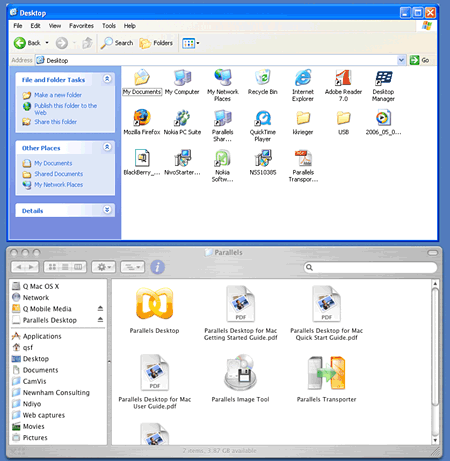A couple of months ago I wrote about our gradual shift towards locally-produced organic food. Lest we become too smug, though, the Economist has a special report this week which points out that things are never as straightforward as they seem.
The first topic is organic food. “Not everyone agrees that organic farming is better for the environment”, we are told. Norman Borlaug, the father of the “green revolution” and winner of the Nobel peace prize is an outspoken advocate of the use of synthetic fertilisers to increase crop yields:
He claims the idea that organic farming is better for the environment is “ridiculous” because organic farming produces lower yields and therefore requires more land under cultivation to produce the same amount of food. Thanks to synthetic fertilisers, Mr Borlaug points out, global cereal production tripled between 1950 and 2000, but the amount of land used increased by only 10%. Using traditional techniques such as crop rotation, compost and manure to supply the soil with nitrogen and other minerals would have required a tripling of the area under cultivation. The more intensively you farm, Mr Borlaug contends, the more room you have left for rainforest.
In most areas it’s perhaps a little facile to suggest that there’s a simple swap of rainforest for organic farming, and one could argue that it might otherwise have been swapped for worse things, but it is a point worth considering.
Still, maybe we should focus more on Fairtrade produce?
Fairtrade farmers receive a minimum of $1.26 per pound for their coffee, or $0.05 above the market price if it exceeds that floor. This premium is passed back to the producers to spend on development programmes … Who could object to that?
Economists, for a start. The standard economic argument against Fairtrade goes like this: the low price of commodities such as coffee is due to overproduction, and ought to be a signal to producers to switch to growing other crops. Paying a guaranteed Fairtrade premium — in effect, a subsidy — both prevents this signal from getting through and, by raising the average price paid for coffee, encourages more producers to enter the market. This then drives down the price of non-Fairtrade coffee even further, making non-Fairtrade farmers poorer.
And while it’s true that a larger compensation does get back to the producer of Fairtrade goods,
…retailers add their own enormous mark-ups to Fairtrade products and mislead consumers into thinking that all of the premium they are paying is passed on. Mr Harford calculates that only 10% of the premium paid for Fairtrade coffee in a coffee bar trickles down to the producer. Fairtrade coffee, like the organic produce sold in supermarkets, is used by retailers as a means of identifying price-insensitive consumers who will pay more, he says.
Sigh. Still, at least there can’t be much complaint against buying from local producers?
Research carried out at Lincoln University in New Zealand found that producing dairy products, lamb, apples and onions in that country and shipping them to Britain used less energy overall than producing them in Britain. (Farming and processing in New Zealand is much less energy intensive.)
and
… a shift towards a local food system, and away from a supermarket-based food system, with its central distribution depots, lean supply chains and big, full trucks, might actually increase the number of food-vehicle miles being travelled locally, because things would move around in a larger number of smaller, less efficiently packed vehicles.
See what I mean? You can’t win.
So I’m going to start a new trend. It’s called Consumption Diversity. All methods of food production and distribution have some good effects and some bad ones. But they’re different for each method. The trick is to avoid a monoculture where all the bad bits happen to the same group of people, or damage the same part of the environment.
So we should get some of our food from organic producers to protect the bugs and the fishes, and some from non-organic to protect the rainforests. Some via Fairtrade to reduce exploitation, and some via regular market forces for its balancing effect. And so on. Does that sound like you? Congratulations! You’re a Diverse Consumer! Wear your badge with pride…



Recent Comments